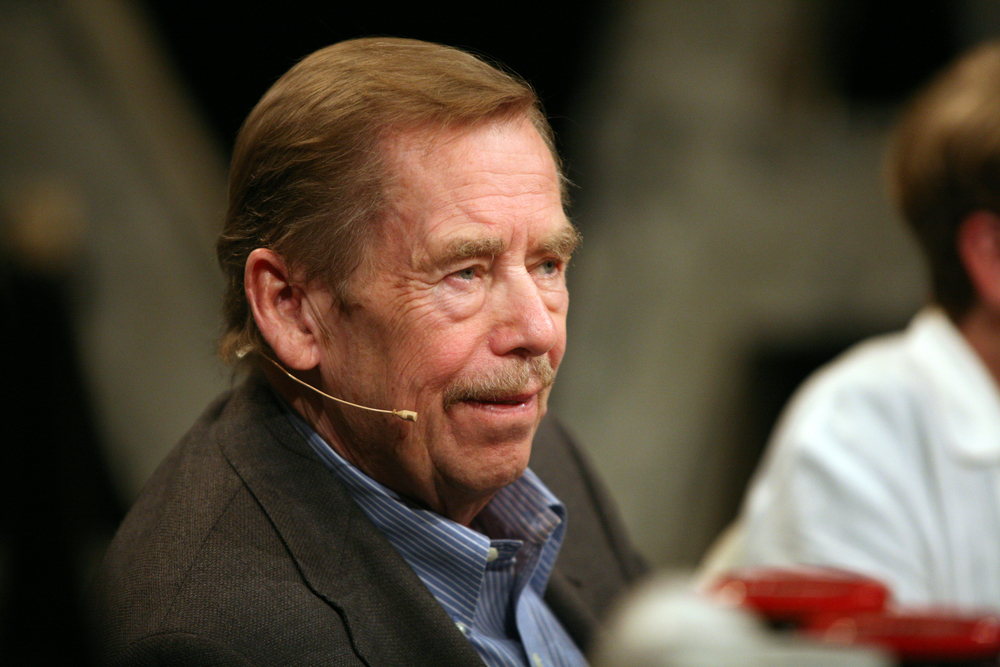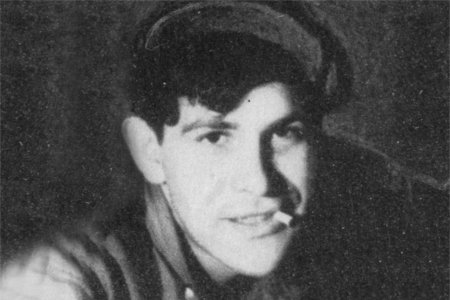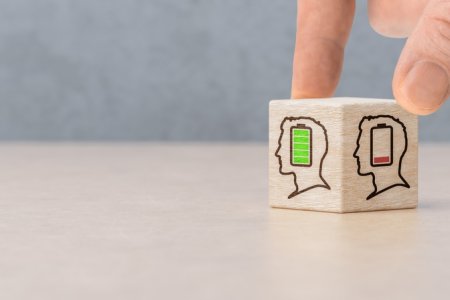
I am sincerely grateful for including me in the Václav Havel Prize shortlist. In Central-Eastern Europe, his name and deeds symbolize intellectual opposition to dictatorship, the victory of free reason and free speech over violence, state lies, and hypocrisy. He remained frank, honest, and consistent not only in his words but also in his concrete political actions. His understanding of the world, cultural outlook, and political philosophy are sorely needed in my country.
Havel wrote: we must abandon the arrogant expectation that the world is a book of guidelines that can be read or an information array that can be uploaded into a computer to extract ready-made recipes. On the contrary, all that is happening in the world evidences that our times call for the release from confinement of such forces as archetypal wisdom; unique experience of the world; a sense of justice; the ability to look at everything through another`s eyes; personal responsibility; taste, courage and compassion; a belief in the mystery and importance of specific acts. All this, however, is not the universal key to salvation.
This declaration of freedom, individualism, and tolerance contrasts sharply with such widespread in Ukraine attitudes as “reasonable” reservations about market, information, and academic freedom, distrust of the free land market, low levels of social capital, the national intelligentsia`s suspicious view of the freedom of expression and tolerance, the mass dislike of the wealthy, and the belief that everyone steals amid massive corruption.
In the context of the armed conflict with Russia, which started in February 2014 and has grown into a full-scale war in 8 years, all these and other Soviet mental vestiges have become even more acute and painfully affect the Ukrainian state and society. The apparent desire of the Russian leadership to destroy the Ukrainian state and all people who genuinely perceive themselves as its citizens leaves us no room for compromise. Our enemy is bombing civilians and life-support infrastructure to spread fear and force surrender. We cannot agree to de-escalation and a ceasefire. That will mean allowing the invader to strengthen its defenses, effectively approving the continuation of killings, disappearances, torture, and sexual violence.
Finally, such an agreement equals recognizing that the last 80 years of international law development can be thrown in the trash. After that, Russia will be able to invade another country, not afraid of any consequences. Therefore, we need only victory, a necessary condition for which is the liberation from the Russian occupation of all Ukrainian territories within the borders of 1991. But this condition is not sufficient.
Since last March, I have led a major project dedicated to collecting information and documenting crimes committed by the Russian military against Ukrainian civilians and civilian targets. These crimes can be tentatively characterized as war crimes, crimes against humanity, and genocide.
Our human rights activists jointly maintain a database of Russian crimes as part of the Tribunal for Putin initiative. This database now contains some 55,000 documented incidents of war crimes. It includes more than 9,560 civilian deaths as a result of aerial attacks as well as extrajudicial executions. We are talking about shooting people and cars, shelling queues for water, humanitarian aid, etc. The deaths of 413 children and wounding of 12,970 people (including 557 children) have been documented. Our data shows that more than 4,190 persons (including 178 children) are missing.
We also recorded data on dozens of thousands of destroyed or significantly damaged civilian objects due to shelling and bombardment. They include residential houses, life support infrastructure, stores, factories, and other business facilities, educational institutions, hundreds of hospitals, churches, cultural institutions, etc.
The information gathering of the Kharkiv Human Rights Protection Group (KHPG), which I lead, includes regular visits to settlements in the de-occupied territories affected by the Russian army. During these visits, we interview victims and witnesses and record the destruction of civilian objects in photos and videos. Based on these testimonies and other documents, we submit crime reports to law enforcement bodies and assist them in conducting investigative actions. There are now more than one thousand criminal proceedings where KHPG lawyers represent victims: killed and wounded civilians, illegally detained and kidnapped in the occupied areas people, and people subjected to torture (including sexual violence) in detention.
We provide to victims of crimes not only legal but also psychological, monetary, medical, and humanitarian assistance. Thousands of families have already received it.
An essential part of the documentation process is also disseminating information in different languages about the crimes committed. We do it, in particular, through interviews with victims, witnesses, and others who are a source of information about the war. These are usually military personnel, volunteers, psychologists, priests, journalists, etc. The videos posted on KHPG`s YouTube channel have already garnered hundreds of thousands of views.
Naturally, such a nightmarish experience entails hatred for the leadership of the Russian state and the Russian military in the Ukrainian population. This hatred is often expanded to everything Russian — the country, its citizens, language, literature, and art. It becomes practically all-encompassing. Indeed, how can one say in the midst of this war: “Our Father”... “and forgive us our debts, as we forgive our debtors”? The question is rhetorical because we do not forgive.
Because of the dominance of hatred in the public consciousness, we are particularly acutely aware now of human rights` axioms. Truth is above the law. Fairness is above the truth. Mercy is above fairness. Love is above the mercy. Hate destroys, first of all, those who hate. It devastates the soul. I think those Ukrainians who previously considered Russians their brothers now hate Russia more than all others.
Hatred is natural on the battlefield. My fellow countryman, the clergyman of the Kharkiv Maidan, Father Victor Marinchak, said in this regard that the Russian soldier should “not be hated, but simply exterminated because he chose to serve Satan and does it with ecstasy, inspiration, and sadistic pleasure. To exterminate for his own good so he will do less evil deeds”. But once such a soldier is captured, the hatred must retreat. At least to protect ourselves from becoming killers of unarmed people. To avoid becoming a Dragon while fighting Dragons. Otherwise, our victory will be a Pyrrhic one.
Hatred of all Russians is irrational: you cannot evaluate people by their citizenship, but only by their actions and words. And we must not forget that there are open opponents of Putin`s regime in Russia. They are not numerous, no more than 5% of the Russian population, but they publicly oppose Russian aggression and face criminal prosecution with sentences of up to 15 years in prison. These people often help Ukrainian refugees (with or without a passport) to leave Russia and collect money for them.
The hatred of the Russian language, literature, and art is even more senseless, although understandable. As Russian poet Bulat Okudzhava wrote: “The culprit is not the language, but the vile servile spirit.” And I deny entirely the harassment of Ukrainian writers for their joint public appearances with Russian writers if the latter are known anti-Putinists.
I am convinced that we need a dialog to support the anti-imperialist current in Russian culture, which has always existed. Just recall these names: Chaadaev, Berdyaev, Fedotov, Pomerantz, and Averintsev. However, today, this attitude is losing to the supporters of dictatorship. As to removing Russian-language books from the Ukrainian library funds and their disposal, I can’t call it any other words than infantilism and provincialism.
Sympathy and mercy always go together with love. Some people perceive it as a paradox, but with the launch of full-scale Russian aggression, Ukrainians have become more humane and warm-hearted to each other. Common misfortune rallied us. But even more significantly, we are rallied by the values that Václav Havel starkly outlined: love of freedom, independence, commitment to democracy, and rejection of authoritarianism.
Indeed, Havel’s unique experience and example are really mesmerizing. For example, when he was President, he was asked to restrict the travel of intellectuals abroad. He refused because he could not allow a person to have “less freedom than a swallow”.
We are fighting for freedom, independence, human rights, democracy. We will stand, and the trouble will recede. And then Václav Havel`s values will become even more conscious. I also hope this war will lead to the overthrow of the Putin regime.
It will allow to bring to justice the Russian leadership, the Kremlin propagandists, and all those who gave direct orders to commit crimes and carried out those orders. At one time, we considered the German people a victim of Nazism. Similarly, we should now consider the Russian people a victim of Putin`s criminal regime.
The German people went through denazification; the Russian people must go through deputinization and decommunization. And we must accomplish all this without abandoning or violating Havel`s legacy.



